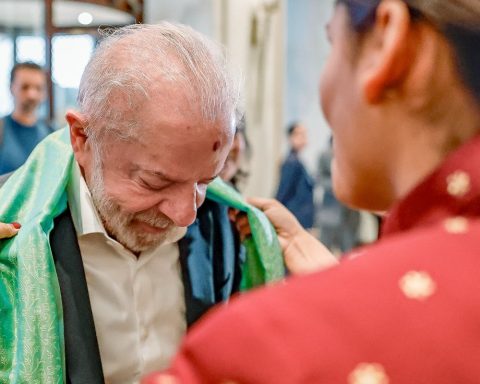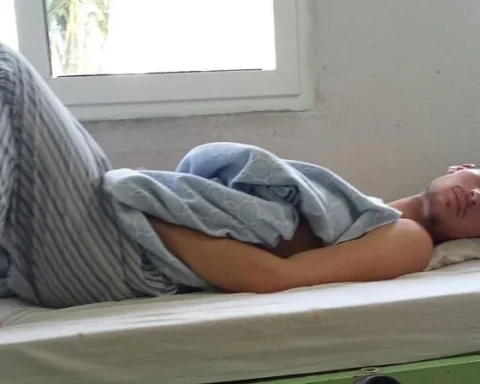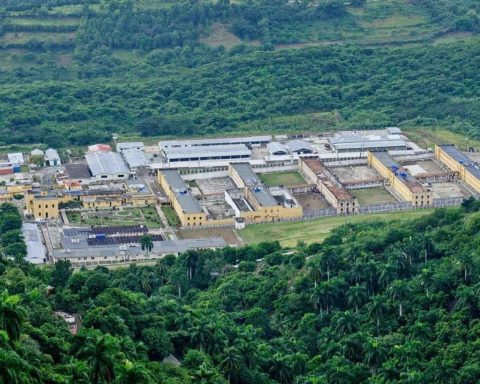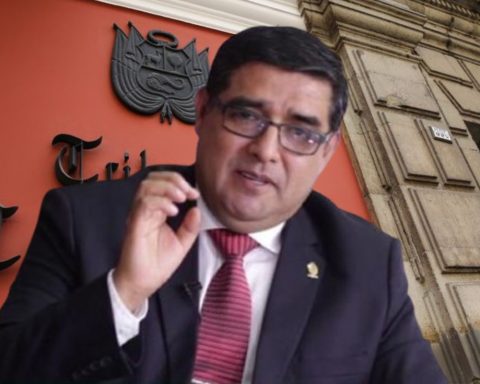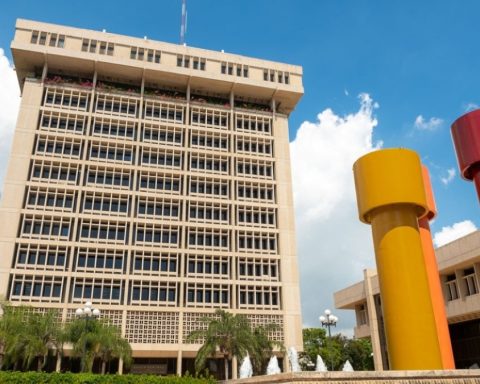National Day of Struggle for People with Disabilities, celebrated this Saturday (21), was created in 2005 to celebrate progress and reflect on how people with disabilities can overcome daily challenges to get around and combat prejudice. Since the creation of the date, several innovative initiatives have been created to promote accessibility. 
Among them, a solution to solve the constant problems of adapting orthopedic prostheses. To this end, researchers have developed prostheses made of niobium, titanium and zirconium, which provide comfort to patients and are more compatible with the human body compared to aluminum prostheses. They are also more resistant.
Another example is the smart lipstick, which consists of a machine that allows people with visual impairments or physical disabilities in the upper limbs to use the cosmetic.
Simply place your face in front of the machine and it will automatically apply the lipstick. The equipment has a smart display that emits sound signals to alert you when the application has started and finished.
Another initiative is Notebraille, developed by researchers at the Federal Institute of Ceará (IFCE). The electronic tool consists of a notepad in Braille. The mechanism allows visually impaired people to write texts in Braille on cell phones and computers. The mechanism can be used to teach the blind to read and write, in regular education and in the workplace.
The initiatives have in common the support of the Brazilian Company for Industrial Research and Innovation (Embrapii), an entity linked to the Ministry of Science, Technology and Innovation (MCTI). According to Álvaro Prata, president of Embrapii, the company contributes to overcoming the challenges faced by people with disabilities.
“The importance of supporting projects with inclusive technology lies in the opportunity to allow people to overcome their disabilities and have a life without limitations,” he says.
According to data collected by the Brazilian Institute of Geography and Statistics (IBGE) in 2022, Brazil has around 18.5 million people with disabilities, a number that is equivalent to approximately 9% of the country’s population.






